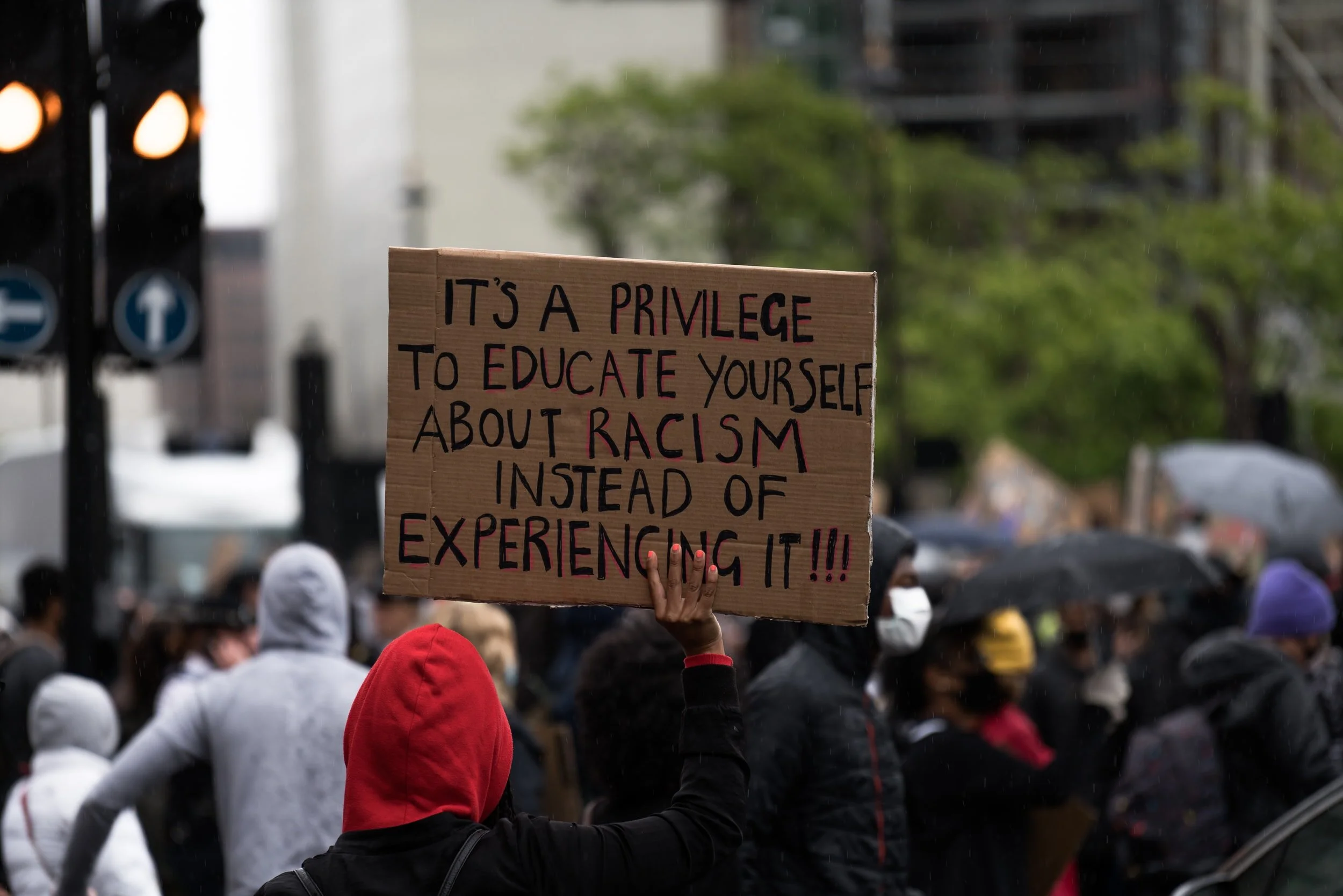Coming Home to ECU: The Significance of Homecoming for Black Alumni
The Black alumni experience at East Carolina University (ECU) during Homecoming provides a unique lens to view the broader narrative of African American presence and participation in predominantly white institutions (PWIs).
The Democratic Party and Black Families: Navigating the Nuances of Policy and Presence
Despite the Democratic Party's commitment to diversity and inclusion, there is a perception among some Black men that their roles within the family and community are not sufficiently championed or even adequately understood.
Silenced Voices: The Struggle for Black Faculty Representation at PWIs
The presence of Black faculty at predominantly white institutions (PWIs) is more than a metric of diversity—it is a crucial factor influencing the academic success and social integration of Black students. However, the representation of Black faculty at PWIs remains disproportionately low, a reflection of systemic barriers and historical inequities within higher education recruitment, retention, and promotion processes.
"Fitting In" vs. "Standing Out": The Pressure on Black Students to Assimilate at PWIs
At predominantly white institutions (PWIs), Black students navigate a complex social and academic landscape shaped by the dual pressures of assimilation and representation.
The Alchemy of Struggle: Rekindling Our Legacy Through Our Sanctuaries of Knowledge and Unity
In the tapestry of our past, woven with the threads of resilience and resistance, our people have perennially transformed the crucibles of hardship into the crucibles of collective fortification.
Unheard Harmonies:
This divergence is not merely a matter of differing opinions but a profound reflection of how policies and party allegiances resonate differently across gender lines within the Black community.
The Isolation of Affirmative Action: How Policies Impact Black Students' Social and Academic Experiences at PWIs
Affirmative action policies, designed to address historical inequalities and promote diversity in higher education, have been a subject of much debate and discussion. At predominantly white institutions (PWIs), these policies aim to create more inclusive environments by ensuring access for underrepresented students, including Black students.
The Paradox of Diversity Initiatives at PWIs: Tokenism vs. True Inclusion
In recent years, predominantly white institutions (PWIs) have made notable strides toward diversifying their campuses, driven by a societal push for racial equality and inclusivity. These efforts are often encapsulated in diversity initiatives, ranging from affirmative action admissions policies to targeted scholarship programs and the establishment of cultural centers. However, beneath the surface of these well-intentioned efforts lies a complex paradox: the fine line between fostering true inclusion for Black students and engaging in tokenism for institutional gain.
Who Is Black ECU?
Black ECU started in the summer of 2020 as a small group of alumni concerned about the lack of response by the university to address pervasive institutional inequities. We have since grown into a larger group from all over the United States, with a vast array of careers from the federal government, healthcare, tech industries, academia, and more.
The Souls of Black Professors
Scholars discuss what it’s like to be a Black professor in 2020, who should be doing antiracist work on campus and why diversity interventions that attempt to “fix” Black academics for a rigged game miss the point entirely.











